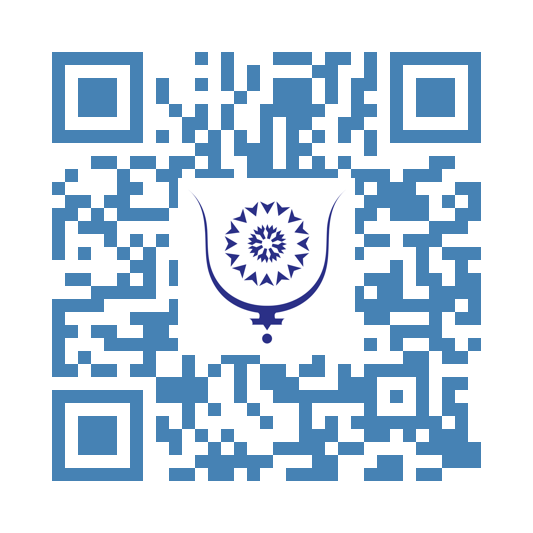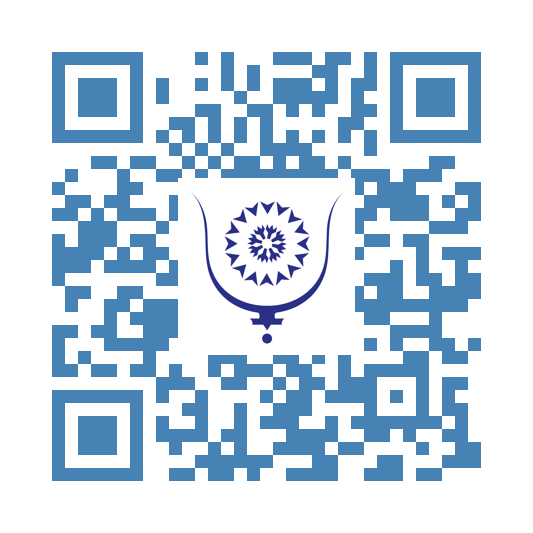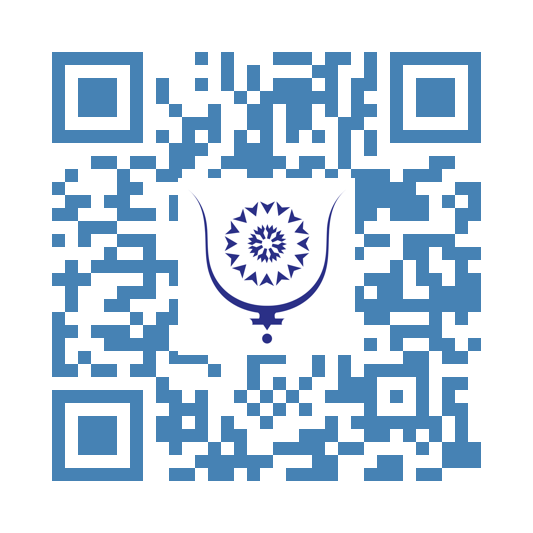Historic turning point with the transfer of 2.5 million archive documents to Rabat, a source of concern for Algeria 4846
President Macron's visit to Morocco has been repeatedly postponed for a variety of reasons. While many saw the visit as a stalemate in a serious and insoluble situation, time has shown otherwise. In view of recent developments, rather than speaking of successive deep crises, it would be better today to speak of a beneficial and productive halt, since it enabled us to set the record straight, clarify the situation on both sides, make clear the positions of each party on the issues that concern it, and dispel certain latent difficulties that in fact haunted both parties.
The hope now is to see the locomotive and wagons of complementarity on the rails, in a spirit of mutual respect and common interests, with the most absolute programmatic and the most profitable perspective for both parties.
In this context, one of the issues that has been outstanding between the two countries for decades is that of the archives concerning Morocco, in particular those from the protectorate period and slightly earlier. In other words, documents from the time when France began to take an interest in Morocco. For a long time, and right up to the 'post' recent crisis, France had always pretended not to hear Morocco's claims to the paternity of its archives, even though they concerned it directly.
In fact, France, in its balancing act, seeking to remain halfway between Algeria and Morocco, didn't think it productive to deliver such a treasure trove of information to the Kingdom, without it casting a shadow over its relations with its former departments; a rather relative equidistance, since the former colonial power has acted more to Algeria's advantage, for historically obvious and understandable reasons. However, France has never shown any consideration for this position, which is perceived as unfair by Rabat.
Clearly, these archives are of capital importance for Morocco, as they concern its history and, above all, its geography prior to the colonization of its South by Spain, the despoiling of its East by France, the attachment of some of its provinces to Algeria and the division of the rest of its territory into strata, again between France and Spain. In fact, the Cherifian Empire had been stripped, no doubt with a view to weakening it forever.
Now that the cold period between the two countries is over, the thorny issue of archives will be brought to the table, leading to an agreement that will enable the Cherifian Kingdom to recover more than two and a half million documents. The boxes that will be handed over to Morocco will undoubtedly be of real use and will have a major impact on the future of its foreign policy. They will undoubtedly weigh heavily in its relations with its neighbors.
My friend MH has just devoted a most pertinent reflection to the question, which he has published, as usual, on LinkedIn. With his permission, I'm publishing it here in its entirety. It is essential to read this text to understand what is really at stake in Morocco's insistence on recovering the said archives.
“Morocco and France have just reached a crucial stage in their relations with the signing of an official agreement providing for the transfer of some 2.5 million French archival documents to Rabat.
This development, which follows decades of Moroccan demands, is of major strategic importance. These documents, which contain valuable information on Morocco's historical claims and territorial borders, particularly in areas disputed since the end of the colonial era, reinforce the legitimacy of Moroccan positions.
This transfer of archives concerns in particular illegally occupied territories such as the Eastern Sahara, a region whose sovereignty is at the heart of disputes between Morocco and Algeria. These documents provide historical evidence likely to consolidate Moroccan claims to these territories.
At the meeting which formalized the agreement, Moroccan and French officials stressed the importance of this documentation in resolving territorial disputes and recognizing Morocco's historical rights.
The agreement sent shockwaves through the Algerian regime, which was particularly concerned by the handover of the archives. Algeria, aware of the validity of Morocco's claims, fears that these new historical elements will strengthen Morocco's position in international forums.
For decades, Algerian leaders have sought to deny the legitimacy of Moroccan claims. To conceal these claims and delay any negotiations, Algeria has found no better way than to create a conflict over the Western Sahara. In vain.
This agreement marks a decisive turning point not only in the management of historical disputes between Morocco and France, but also in the regional geopolitical balance. It is seen by many as an implicit recognition by France of the importance of the historical context in contemporary territorial claims. The handover of these documents to Rabat, after decades of claims, represents a major blow to the Algerian regime, whose positions are increasingly weakened in the face of a historical truth that is now accessible and indisputable.
Morocco, thanks to this agreement, strengthens its means of defense on the international stage, while Algeria, faced with a delicate situation, could see its arguments crumble in the face of irrefutable archival evidence. This transfer of archives is not only a diplomatic victory for Morocco, but also an act that sheds light on the historical injustices committed during the colonial period and the legitimate claims arising from them.”
Now that's been said, but above all, it's an eminently political gesture to return such archives, knowing the powerful impact this will inevitably have, namely on the geostrategy of the region. France knows it, Morocco knows it. As for Algeria, it has only its eyes to cry and, above all, to pull itself together and, why not, abandon the headlong rush that has characterized its day-to-day actions for a long time now....





